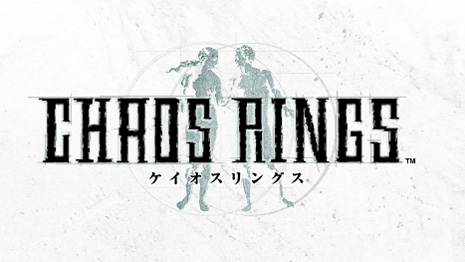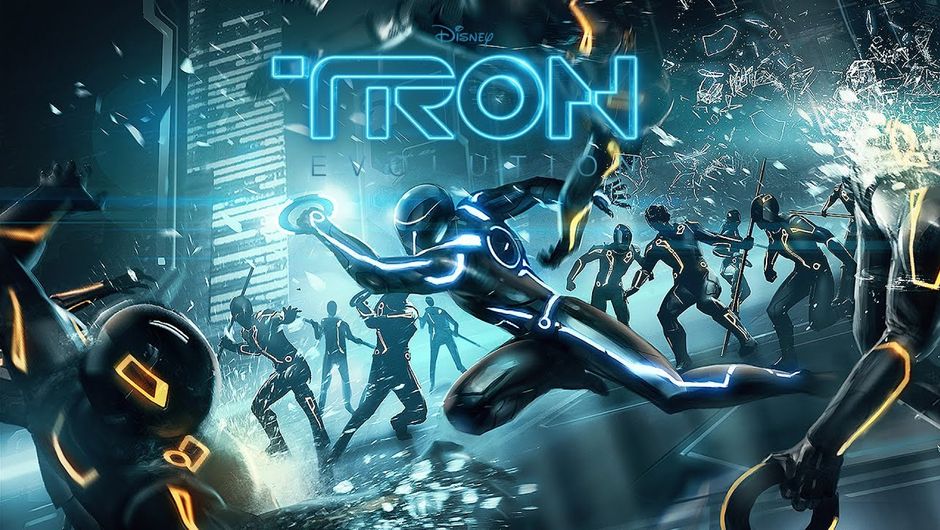There’s no doubt about it: Bungie’s new hit, Destiny, is an undeniable success. As the most preordered game in history it made back its entire $500 million budget…on the first day of release. Of that stock, more than $325 million worth has already sold at retail. Just over a week ago gamers all over the world stayed up until midnight to queue at their favorite retailers or wait at home for the digital edition to unlock, and many of them—if not most of them—came away happy and satisfied. While certainly not without fault there’s a lot to love about Destiny, and Bungie has promised more and more content to keep the experience only getting better over time. In fact, if you didn’t browse around the internet for opinions, you’d probably think everyone was blissfully enjoying themselves and having a great time with it.
Ah, but where would the drama be in that? Turns out reality and the internet tell rather different stories on this one. While copies of Destiny continue to fly off shelves and servers and gamers continually put in dozens of hours happily gathering loot, blowing up aliens, and competing with one another, video game journalists and highly opinionated internet commenters generally just moan and score the game a measly 6-8/10. At rating aggregator sites like the infamous Metacritic, Destiny even sits at a mere 76/100 metascore and 6.6/10 user score. How does this happen, and are all the shockingly low ratings justified? Popular internet gaming hub Machinima has the answer in a recent episode of Inside Gaming Daily. In short: the reviewers are doing it wrong. Check it out (brief language warning, to whom it may concern):
Is there a problem with the current state of video game journalism? The Machinima crew certainly thinks so, and they spell it out in no uncertain terms. In the highlight of the video above they remind us that the true purpose of reviews of any kind is to help potential product buyers make informed decisions. So what do you suppose happens when those doing the reviews don’t use the products like buyers in the first place?
It’s a vicious pattern that is becoming all too commonplace. Video game releases are becoming bigger and bigger events, and video game reviewers feel more and more pressure to get their posts up as quickly as possible, not so much to inform buyers, but to capitalize on high traffic to generate revenue while the topic is hot. In many cases the most prolific reviewers are the ones that spend the least amount of time actually experiencing the games they review, and because they’ve reviewed so many so fast under such pressure the critics have turned cynics and throw around arbitrary point values describing how they feel, not how worthy of purchase a product is. Machinima even mocks as much in their video, giving Destiny a review score of 43/10 just to make a point.
Is Destiny fun? If you like FPS games, yes. Is it a quality product? Absolutely—even the naysayers say so. Will you get a lot of hours out of it? See first answer. Is it worth your $60? You guessed it. Just be prepared for a bit of a weak story. 9.5/10.
And that, my friends, is ThinkBoxly’s review of Destiny: it’s fun. Perfect fun? No, but enough fun to be worth the cost of entry, if you enjoy FPS games. The game accomplishes its goal. It serves its purpose. As a unique individual I cannot guarantee you will enjoy it, but if you are already interested enough to investigate the game online I can tell you your chances are high and you should take the plunge. My job as a reviewer is not to give you your opinion, but to inform the opinion you already have, or put differently, to inform you so that you may form a reasonable opinion on your own. If ever you see a review telling you that you shouldn’t enjoy something just because the reviewer didn’t, smack that ‘back’ button right away. Personal experiences and reviews are two totally different things, but unfortunately a lot of numbers get slapped on the former anyway, resulting in all sorts of convoluted comparisons (Star Wars Pinball is better than Destiny, anyone?).

To be fair, reviewers aren’t entirely to blame. Activision ran a ridiculously aggressive advertising campaign for Destiny which took up the majority chunk of that rumored $500 million budget. Advertising for Destiny became Destiny’s own worst enemy. Expectations ran too high, so high that no video game could ever meet them. Though it shouldn’t happen, oftentimes reviewers have a tendency to rate a game not against what it is and ought to be, but what it is and what they expected it to be. When expectations cannot possibly be met, disappointment is inevitable. It’s not necessarily that the product is disappointing, it’s that those who failed to temper their expectations are disappointed. And of course there are those that have been disappointed in the past that become cynical whenever something new gets hyped and it becomes their mission to prove why the hype wasn’t worth it. They hate Destiny as a concept far more than they hate it as an actual product.
My recommendation: go buy Destiny and have fun with it. This isn’t one you have to try really hard to go against the flow and enjoy. The flaws aren’t that bad, and ‘the flow’ is imaginary to begin with. Game reviewers hate Destiny. So what? Gamers don’t. The reviewers don’t have any actual authority. Their function is to inform, and when they fail to do that, ignore them until they get their acts together. They don’t decide how good a game is, you decide how much you enjoy it. The final score doesn’t sit on a webpage. That one’s up to you.








